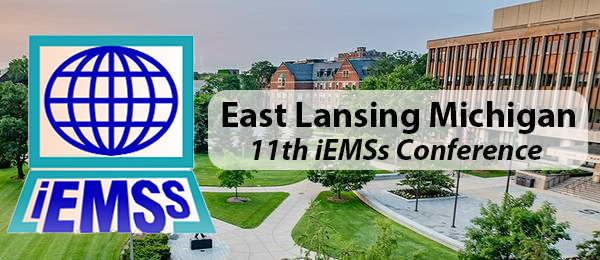Keywords
Watershed Plus; Participatory Rural Appraisal; Sustainable Livelihoods; Climate Change; Response Capacity
Start Date
8-7-2022 9:00 AM
End Date
8-7-2022 9:30 AM
Abstract
Western Orissa Rural Livelihoods Project (WORLP) is a DFID, UK funded project implemented by the Agriculture Department of the Government of Odisha through Orissa Watershed Development Mission. WORLP was implemented in four districts of western Odisha from 2000-2010 namely Bolangir, Nuapada, Kalahandi and Bargarh. These four project districts are among the poorest in India, with 70% of their 4 million population below the poverty line. The WORLP was implemented in a watershed platform with watershed plus approach. Participatory Rural Appraisal (PRA) tools were used to identify the vulnerable households in terms of socio-economic indicators for better targeting. Communities were organized and strengthened into different community based organizations such as Watershed Committee (WCs), Self Help Groups (SHGs), User Groups (UGs) and Farmers’ Groups. Social and human capitals were built to enable better access to public services as well as natural and financial resources. DFID Sustainable Livelihoods Framework which outlines the trends, shocks and seasonality that have direct impacts on people’s livelihoods were employed in managing the vulnerability context and assisted people to become more resilient and better able to build up their assets. These resulted in increasing the responses capacities of the poor and vulnerable communities to adapt to adverse effects of climate change.
Climate Change adaptation through watershed plus approach in Western Orissa Rural Livelihoods Project (WORLP): Odisha: India [Online]
Western Orissa Rural Livelihoods Project (WORLP) is a DFID, UK funded project implemented by the Agriculture Department of the Government of Odisha through Orissa Watershed Development Mission. WORLP was implemented in four districts of western Odisha from 2000-2010 namely Bolangir, Nuapada, Kalahandi and Bargarh. These four project districts are among the poorest in India, with 70% of their 4 million population below the poverty line. The WORLP was implemented in a watershed platform with watershed plus approach. Participatory Rural Appraisal (PRA) tools were used to identify the vulnerable households in terms of socio-economic indicators for better targeting. Communities were organized and strengthened into different community based organizations such as Watershed Committee (WCs), Self Help Groups (SHGs), User Groups (UGs) and Farmers’ Groups. Social and human capitals were built to enable better access to public services as well as natural and financial resources. DFID Sustainable Livelihoods Framework which outlines the trends, shocks and seasonality that have direct impacts on people’s livelihoods were employed in managing the vulnerability context and assisted people to become more resilient and better able to build up their assets. These resulted in increasing the responses capacities of the poor and vulnerable communities to adapt to adverse effects of climate change.



Stream and Session
false